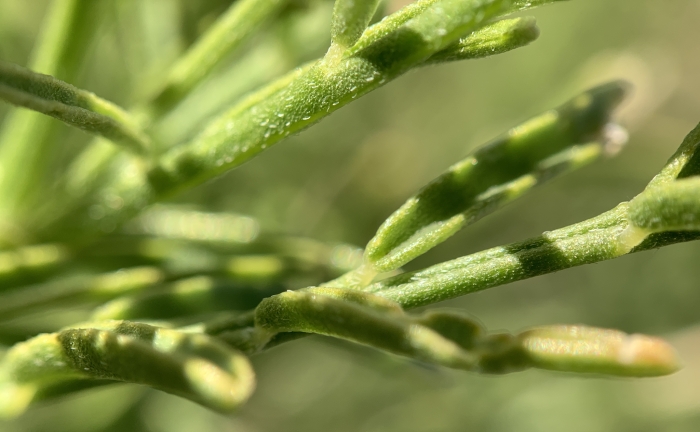Basalt Milkvetch
(Astragalus filipes)
Basalt Milkvetch (Astragalus filipes)
/
/

mark-groeneveld
CC BY 4.0
Image By:
mark-groeneveld
Recorded By:
Copyright:
CC BY 4.0
Copyright Notice:
Photo by: mark-groeneveld | License Type: CC BY 4.0 | License URL: http://creativecommons.org/licenses/by/4.0/ | Rights Holder: mark-groeneveld | Publisher: iNaturalist | Date Created: 2020-07-08T19:01:27-07:00 |

























Estimated Native Range
Summary
Astragalus filipes, commonly known as Basalt Milkvetch, is a clumpy perennial herb that is native to the sagebrush steppe, grasslands, and open woodlands of western North America, including regions from British Columbia to California and eastward to Utah. It typically grows to a height of 12 to 35 inches. The plant has pinnate leaves up to 5 inches long with several widely spaced leaflets that are linear to oval in shape. Basalt Milkvetch blooms from late spring to early summer, featuring an open inflorescence with up to 30 off-white to pale yellow flowers, each 0 to 1 inch long, which are modest in appearance but attract pollinators. After flowering, it produces a hanging legume pod up to 1 inch long.
Basalt Milkvetch is valued for its ability to thrive in dry, challenging environments, making it suitable for xeriscaping and restoration projects. It is also used in wildflower mixes for its nitrogen-fixing properties, which improve soil fertility. In cultivation, it requires minimal maintenance, preferring full sun and well-drained soils. It is drought-tolerant once established and does not require frequent watering. There are no widely recognized cultivars in the horticultural trade, but its natural form is well-suited to naturalistic plantings. While generally disease-resistant, it can be susceptible to root rot in poorly drained soils.CC BY-SA 4.0
Basalt Milkvetch is valued for its ability to thrive in dry, challenging environments, making it suitable for xeriscaping and restoration projects. It is also used in wildflower mixes for its nitrogen-fixing properties, which improve soil fertility. In cultivation, it requires minimal maintenance, preferring full sun and well-drained soils. It is drought-tolerant once established and does not require frequent watering. There are no widely recognized cultivars in the horticultural trade, but its natural form is well-suited to naturalistic plantings. While generally disease-resistant, it can be susceptible to root rot in poorly drained soils.CC BY-SA 4.0
Plant Description
- Plant Type: Herb
- Height: 1-2 feet
- Width: 1-1.5 feet
- Growth Rate: Moderate
- Flower Color: White, Yellow
- Flowering Season: Spring, Summer
- Leaf Retention: Deciduous
Growth Requirements
- Sun: Full Sun, Part Shade
- Water: Low
- Drainage: Fast, Medium
Common Uses
Bee Garden, Butterfly Garden, Drought Tolerant, Low Maintenance
Natural Habitat
Native to sagebrush steppe, grasslands, and open woodlands of western North America
Other Names
Common Names: Threadstalk Milkvetch
Scientific Names: , Astragalus filipes, Astragalus filipes, Astragalus filipes var. filipes, Astragalus filipes var. residuus, Astragalus leptophyllus, Astragalus macgregorii, Astragalus stenophyllis, Astragalus stenophyllus, Astragalus stenophyllus var. filipes
GBIF Accepted Name: